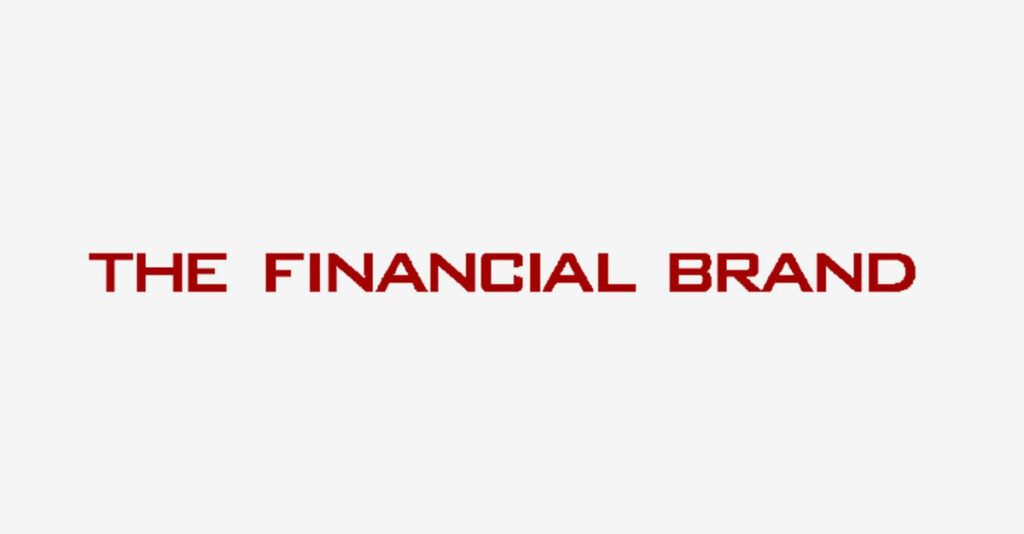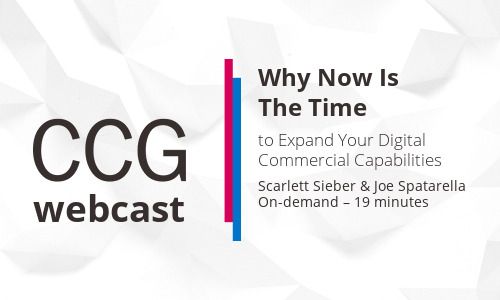Why Google Plans to Offer Checking Accounts
!– wp:image {“id”:9090} –>
For years banks have looked anxiously to the large technology vendors, fearful that these well-heeled upstarts want to steal banks’ business. Put another way, once companies reach a certain size, they all “want to be banks,” or in another formulation, all companies eventually become fintech companies.
Forays into financial services from the large tech players have so far largely been limited to payments. Amazon has a quiet lending program for its merchants, much like PayPal and Square, but Pay with Amazon is hardly an attack on banks.
Neither is the new service Facebook Pay. Facebook announced this new payments system across its network of products this week, fresh off the news that virtually every payments company had exited the consortium operating Libra, Facebook’s planned global digital currency. Facebook Pay is largely just a new name for the existing patchwork of payments solutions offered by Facebook, all of which fit comfortably within established financial services frameworks.
The Apple Card is a slightly different development, offering new financial management features and pushing customer behavior from plastic to mobile. There was even the marketing phrase, “Created by Apple. Not a bank.” But where were the creators at Apple when Goldman Sachs came under fire for its underwriting of credit limits recently? Former Goldman Sachs CEO Lloyd Blankfein said once, speaking of Marcus, that underwriting consumer credit was never Goldman’s specialty, and there seems no reason to doubt that.
But the Wall Street Journal reported today that Google would start offering checking accounts in 2020 in partnership with banks, specifically Citibank and Stanford Credit Union. The banks will handle all the underwriting and regulatory matters, of course. Why would Google offer these accounts if it didn’t want to be a bank?
It is doubtful Google has any transcendent ideas for what makes a bank account work. But it knows from its various payments efforts, from Google Wallet to Android Pay to Google Pay, that transaction data is interesting. It may have ideas around personal (or business) financial management. Googe in this way could become an intermediary to customers’ relationships with banks, in the same way Apple is front and center with the Apple Card. Google is also working its way into the cloud computing area of banking, counting HSBC and Charles Schwab as customers already.
Earlier this week it was announced that Google was partnering with the health care system Ascension to access customer data. Codenamed “Nightingale,” this project appears to be completely aboveboard and legal, if unsettling because Google’s intentions are as always opaque. Remember that Google agreed to buy Fitbit last week, which will generate plenty of health data.
The search giant’s “checking accounts,” given the codename Cache while in development, should be viewed the same way. Google is a data company. It amasses data then looks for ways to monetize it. Google tried several times to build another Facebook, its fiercest competitor in the space of acquiring and selling data, but failed. It is amassing data from two highly regulated fields, healthcare and financial services. This data is inherently valuable, and Google will eventually find buyers.
Who wants to bank with Google? If the Apple Card is any indication, Android users will be prime targets. the Wall Street Journal mentions younger customers, who naturally tend to need checking accounts more than their elders, who already have one, or several. And a Google account is unlikely to be the bank account of choice for most people, absent distinct advantages. How will a Google account be different than a Citi account? What rewards will Google include? How will it enhance the Android m-commerce experience?
Customers who opt in for Google checking accounts will likely soon see credit card offers come their way — Google already offers financing for purchases at its store, in partnership with Synchrony.
Citi will undoubtedly learn a great deal in watching its partner work, and the bank will teach Google a thing or two as well.
If you’re curious about technology companies partnering with banks, please drop us a line.
Subscribe to CCG Insights.








